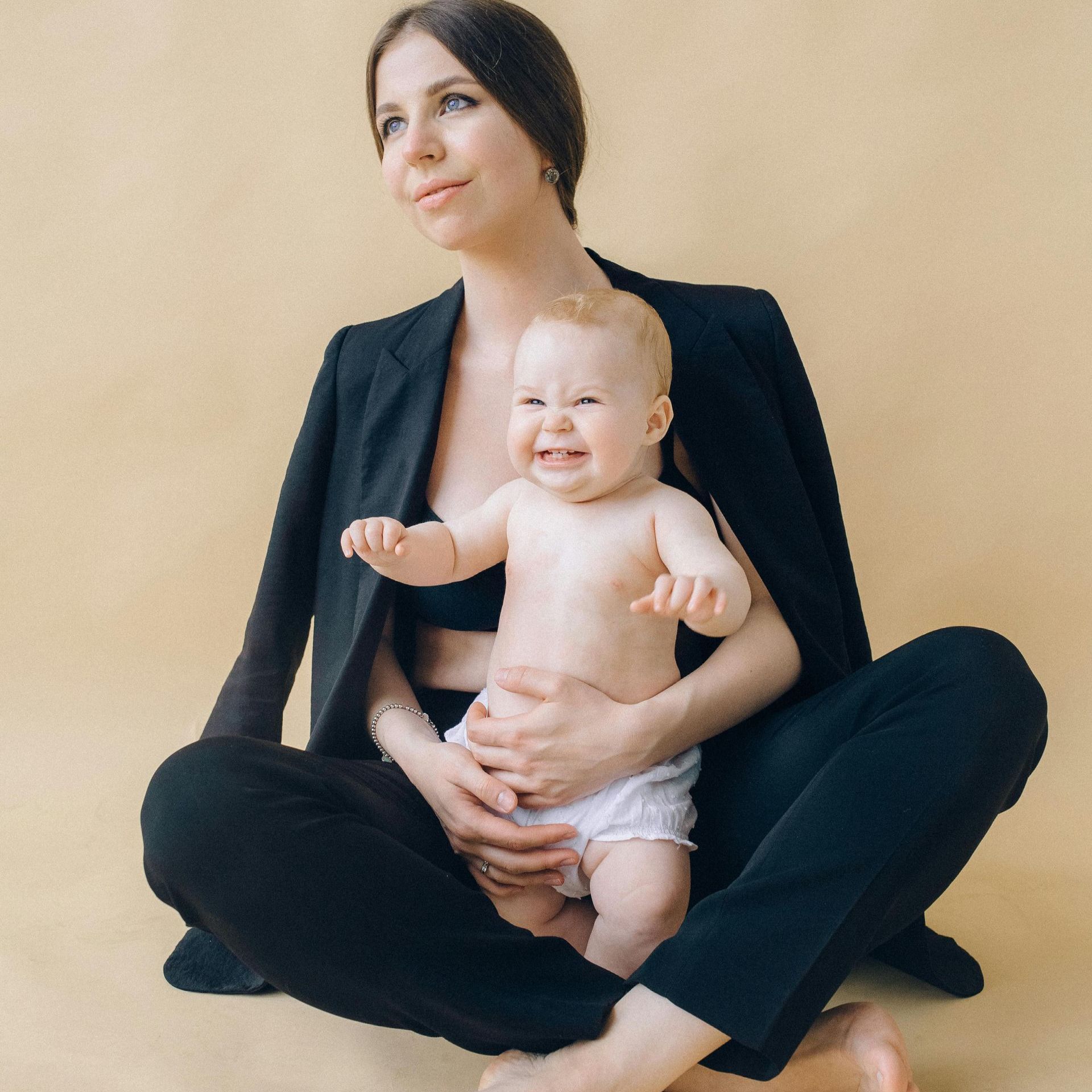Ethos: Why Creating a Clear Ethos for Inclusion in Early Years is so Vital
The Importance of Having a Clear Ethos for Inclusion

At SENDsational Support we believe there are six steps
to creating a truly inclusive early years provision.
This blog takes a closer look at the foundational step one...'Ethos' and asks...
What is the importance of having a clear ethos for inclusion of children with additional needs and disabilities in early years provision?
The Vital Role We Play
Early years nurseries play a vital role in the development of children, as we work in partnership with parents to provide a nurturing and supportive environment for their child's growth. In recent years, there has been a growing recognition of the importance of including children with special educational needs and disabilities (SEND) in mainstream educational settings. To ensure successful welcoming and support for these children, it is crucial for nurseries to establish a clear ethos centered around inclusion in order for this to be reflected in daily operations.
Let us explore the significance of having a well-defined ethos for the inclusion of children with SEND in early years provision.
Creating an Inclusive Environment
A clear ethos focused on inclusion sets the foundation for creating an environment that values diversity and supports the individual needs of all children. By embracing a culture of inclusion, nurseries foster a sense of belonging and acceptance, promoting the holistic development of every child, regardless of their abilities or disabilities. An inclusive environment promotes positive attitudes, empathy, and understanding among all children and staff, encouraging them to learn from one another, to appreciate and celebrate differences.
Tailoring Learning and Support
Children with SEND often require tailored learning approaches and additional support to meet their specific needs. Often we view specific needs as a deficit on the child's part, which unjustly shifts ownership and responsibility from us as educators to create the conditions that enable all children to learn equally. A well-established ethos for inclusion enables nurseries to evaluate their environment and provision on offer, in order to implement individualized learning plans and support strategies. This may involve adapting teaching techniques, providing visual prompts, or assigning specific key people to work closely with children to understand their preferences. By recognizing the unique strengths and challenges of each child, nurseries can ensure that all children are given equal opportunities to thrive and reach their full potential.
Collaboration with Families and Professionals
The involvement of families and professionals is essential in creating an inclusive environment for children with SEND. A clear ethos helps nurseries establish strong partnerships with parents, carers, and specialists. Open lines of communication allow for the sharing of information, insights, and concerns, ensuring that the child's needs are met consistently both at home and in the nursery setting. Collaborating with external professionals, such as occupational therapists or speech and language therapists, can provide valuable expertise and guidance for adults to support the child's development.
Promoting Positive Attitudes and Empathy
An inclusive ethos not only benefits children with SEND but also has a positive impact on their peers and the supporting staff. By fostering an environment that values and includes every child, nurseries cultivate empathy, understanding, and tolerance amongst their nursery community. Through positive experiences and interactions, children learn to appreciate differences and develop a sense of empathy, which extends beyond the nursery setting and into their future lives to create a world that understands diversity a great deal better.
Preparation for Life
Early years nurseries serve as a foundation for children's educational journeys. By instilling an ethos of inclusion, nurseries equip children with the skills, attitudes, and knowledge necessary for a more inclusive and accepting society. Children who grow up in an inclusive environment develop a strong sense of self-worth, empathy, and adaptability, empowering them to become active participants in their communities and advocate for the rights of others.
Creating a Clear Ethos
Creating a clear ethos for the inclusion of children with SEND in early years is paramount for fostering an environment that values diversity, supports individual needs, and promotes positive attitudes. By embracing inclusion, nurseries provide children with the best possible start in their educational journeys, empowering them to thrive and contribute to a more inclusive and accepting society that does not overlook ability or under-estimate anothers capacity. Together, nurseries, families, and professionals can create a nurturing environment that celebrates the uniqueness of each child, ensuring that no child is left behind.
Children first.










